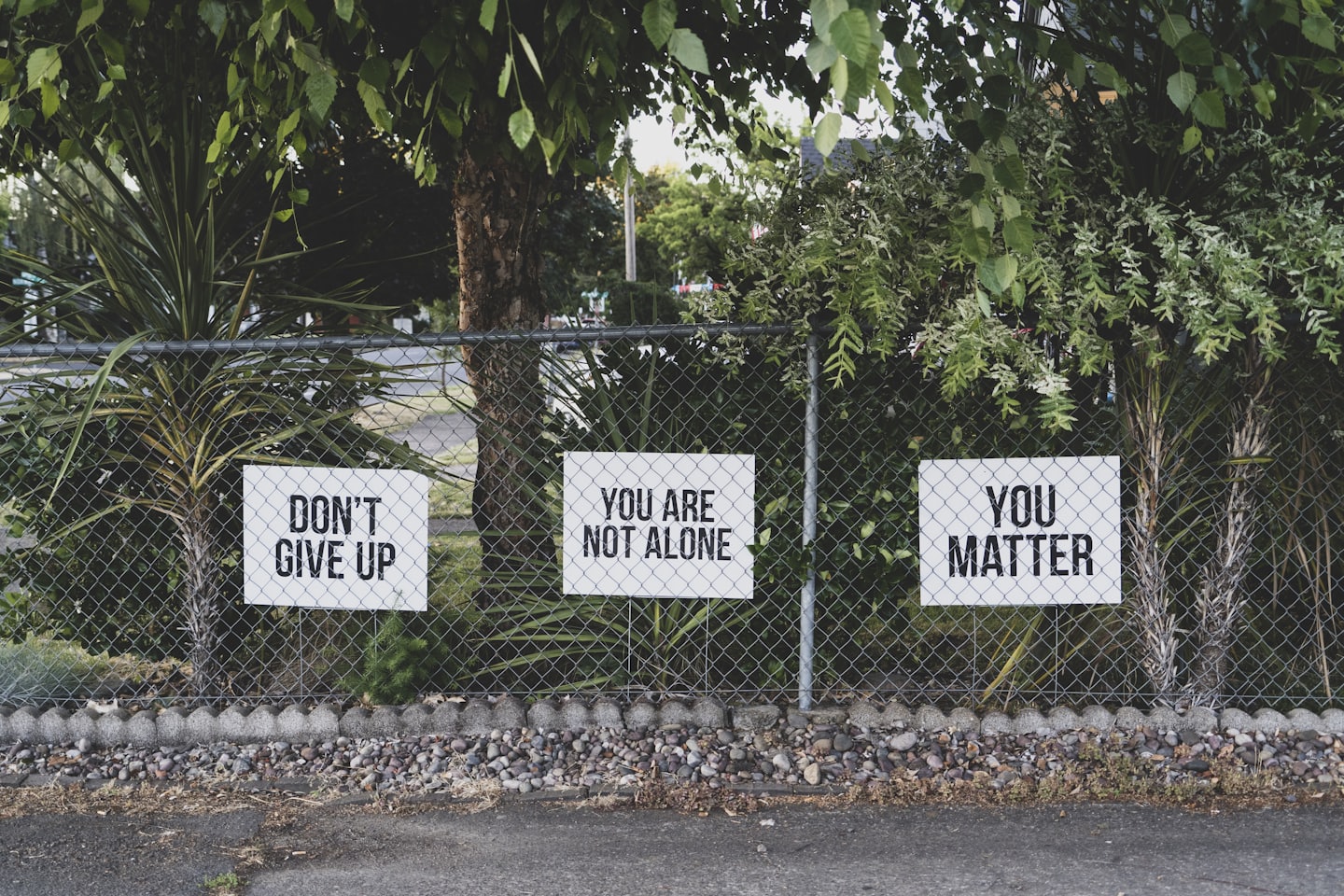Supporting Mental Health and Wellbeing for Women and Adolescents
Dedicated to fostering a welcoming space, we aim to inspire and support anyone facing mental health challenges, promoting understanding and resilience for all who visit.

Supporting Women’s Mental Wellbeing
Women’s mental health is a vital aspect of overall wellbeing, influenced by unique biological, social, and hormonal factors. Women may experience specific mental health challenges such as postpartum depression, anxiety related to hormonal changes, and higher rates of depression and anxiety disorders compared to men. Supporting women’s mental health involves recognizing these factors, promoting access to tailored mental health services, and fostering supportive environments that address stigma and encourage open conversations. Empowering women through education, resources, and community support plays a crucial role in enhancing their mental wellbeing.
“Your mental health is everything — prioritize it. Make the time like your life depends on it, because it does.” — Mel Robbins
Supporting Teen’s Mental Health
Teen mental health is a crucial aspect of overall well-being during adolescence. This period involves significant changes in emotions, behavior, and social interactions. Common mental health challenges faced by teens include anxiety, depression, stress, and mood disorders. Factors contributing to these challenges can be academic pressure, social media influence, family dynamics, and peer relationships.
Supporting teens involves recognizing the signs of mental health issues such as withdrawal, changes in eating or sleeping patterns, mood swings, and declining academic performance. Creating an open and supportive environment encourages teens to express their feelings and seek help when needed.
Effective strategies to promote teen mental health include encouraging physical activity, fostering strong social connections, promoting healthy sleep habits, and providing access to mental health resources such as counseling or therapy. Parents, educators, and peers all play vital roles in supporting teens through these formative years to ensure they develop resilience and healthy coping mechanisms.
“You are stronger than you think, braver than you believe, and smarter than you appear.” – Winnie the Pooh
